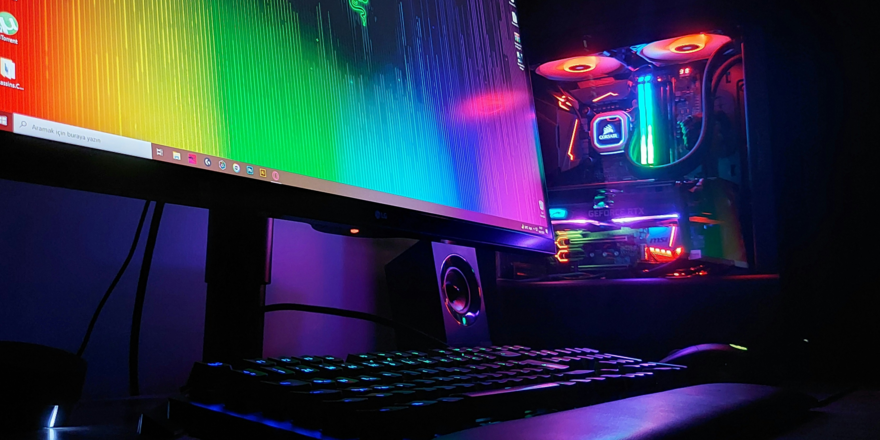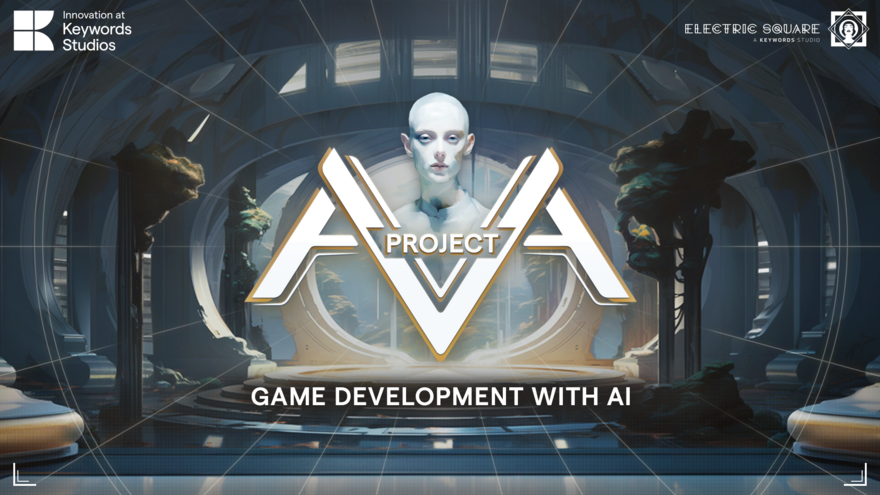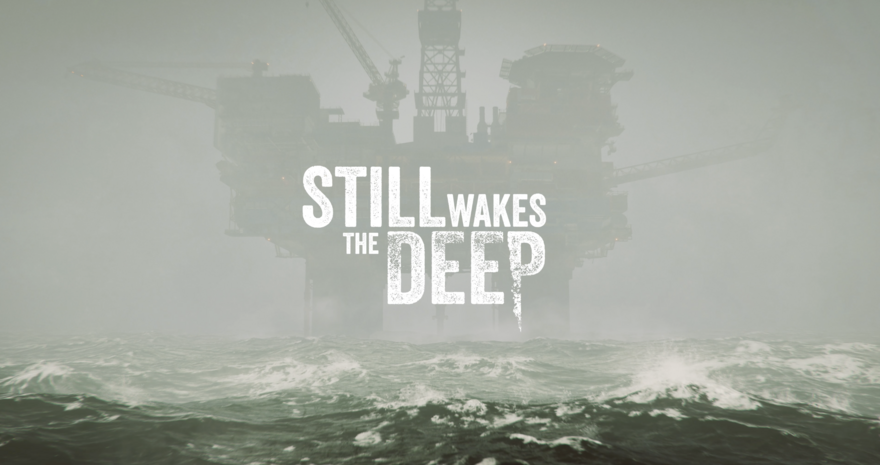Why the Golden Age of PC Gaming Is Just Beginning
When technology evolves faster than our attention spans, the real winners are those who master the art of meaningful engagement - not just better hardware.

When most people talk about the future of PC gaming, they reach for specs, chips, clouds, and teraflops.
It’s like asking an art critic to assess the Mona Lisa based on the quality of the room it is in. Yes, the tech matters… but what really changes things is what we do with it.
PC gaming is undergoing a rapid and intense evolution - technologically, culturally, and behaviourally. This isn’t just the next console generation. It’s a paradigmatic shift. New AI-powered graphics, cloud-based delivery models, and indie-game insurgents are redefining what players expect and how they engage. But amid this sci-fi-soaked future, one truth remains stubbornly human: people don’t play games for pixels. They play for meaning, community, emotion.
And marketing must evolve even faster than the machines.
1. We Don’t Buy Graphics, We Buy Status
Behavioural science teaches us that people rarely act on pure logic. Nobody needs 240fps at 4K on an ultrawide OLED to play Dune: Awakening. But in a world where gaming is an identity, PC hardware is the new sports car: a signal of competence, taste, and tribal belonging. When working on PlayStation’s player segmentation framework a few years ago, we learned that the most involved gamers see gaming as a core part of their personality.
As marketers, we must understand this semiotics of play - not just what players do, but what playing PC games says about them.

2. Cloud Gaming is the Trojan Horse of Accessibility
The romantic in us wants to believe PC gaming is about maxed-out rigs and modded Monster Hunter builds. But the real revolution is virtually invisible: cloud gaming. The power to play from anywhere, on anything, opens PC gaming to new markets - players who would never drop $3,000 on a tower of RGB-lit aluminium. This shift isn’t just technological; it’s social. Marketers must consider not only what content is created, but how and where and WHY it’s consumed and shared.
Think TikTok trailers instead of 90-second cinematic reels. Think shareable over scalable.

3. The AI-Driven Arms Race Needs More Poets
AI-powered visuals are dazzling. DLSS, FSR, real-time ray tracing are all gamechangers (literally) - soon we’ll have NPCs who can stare into your soul.
But here’s the twist: as machines handle fidelity, the humanity of games becomes the differentiator. And that’s where quality marketing comes in. The artistry of positioning, narrative-building, community conversation-sparking - these become your edge when video-realism is table stakes.

4. Indie is the New AAA
There’s a quiet insurgency happening (and its good news for our industry). As AAA studios double down on billion-dollar blockbusters, indie and AA developers are innovating with agility, creativity, and community-first thinking. These games often punch above their weight not through polish, but through purpose. And guess what they need more than anything? Authentic Marketing that understands fans aren’t numbers - they’re movements.

5. Engagement is the New Distribution
You used to win by getting shelf space. Now, you win by earning attention space - on Twitch, TikTok, Reddit, and your fans’ Discord groups. This means marketing content must be ‘experience-first’: playable teasers, interactive Discord bots, meme-able moments that spark cultural contagion.
We’ are entering a post-advertising age of fan-building. Not just hype-building. And on PC, with its moddable, community-driven DNA, the opportunity is massive.

In Summary
The future of PC gaming won’t be defined by processing power - but by how emotionally resonant your marketing content is. In a world where every pixel is optimised, the only way to stand out is to make people feel something. Not just see it. Not just click it. Feel it.
The question marketers must now ask isn’t “how do we advertise this?” but rather: “How do we make people care enough to share this?”
Want to know what the smartest PC game publishers are doing to future-proof their fanbases?
Let’s talk.






